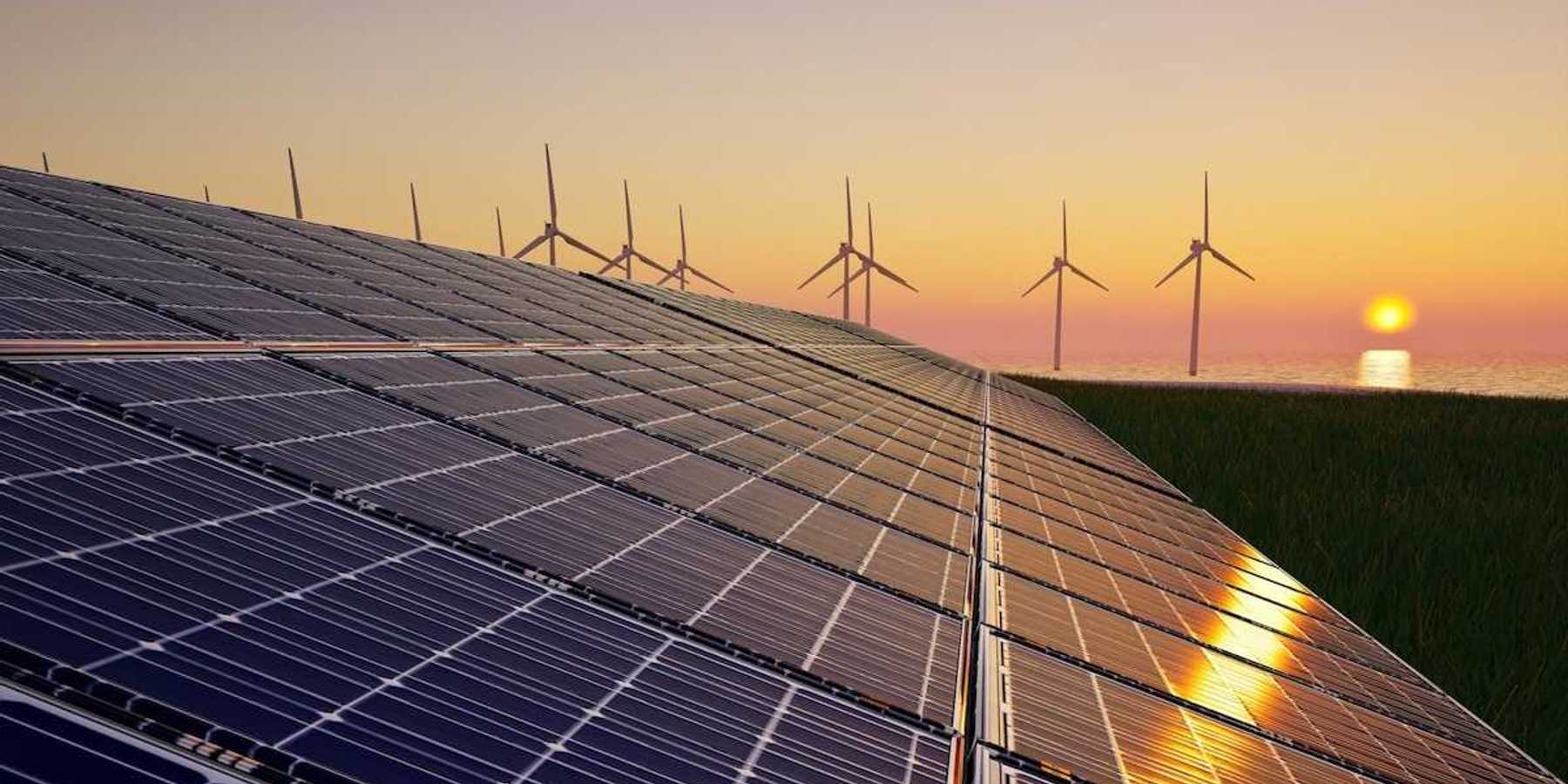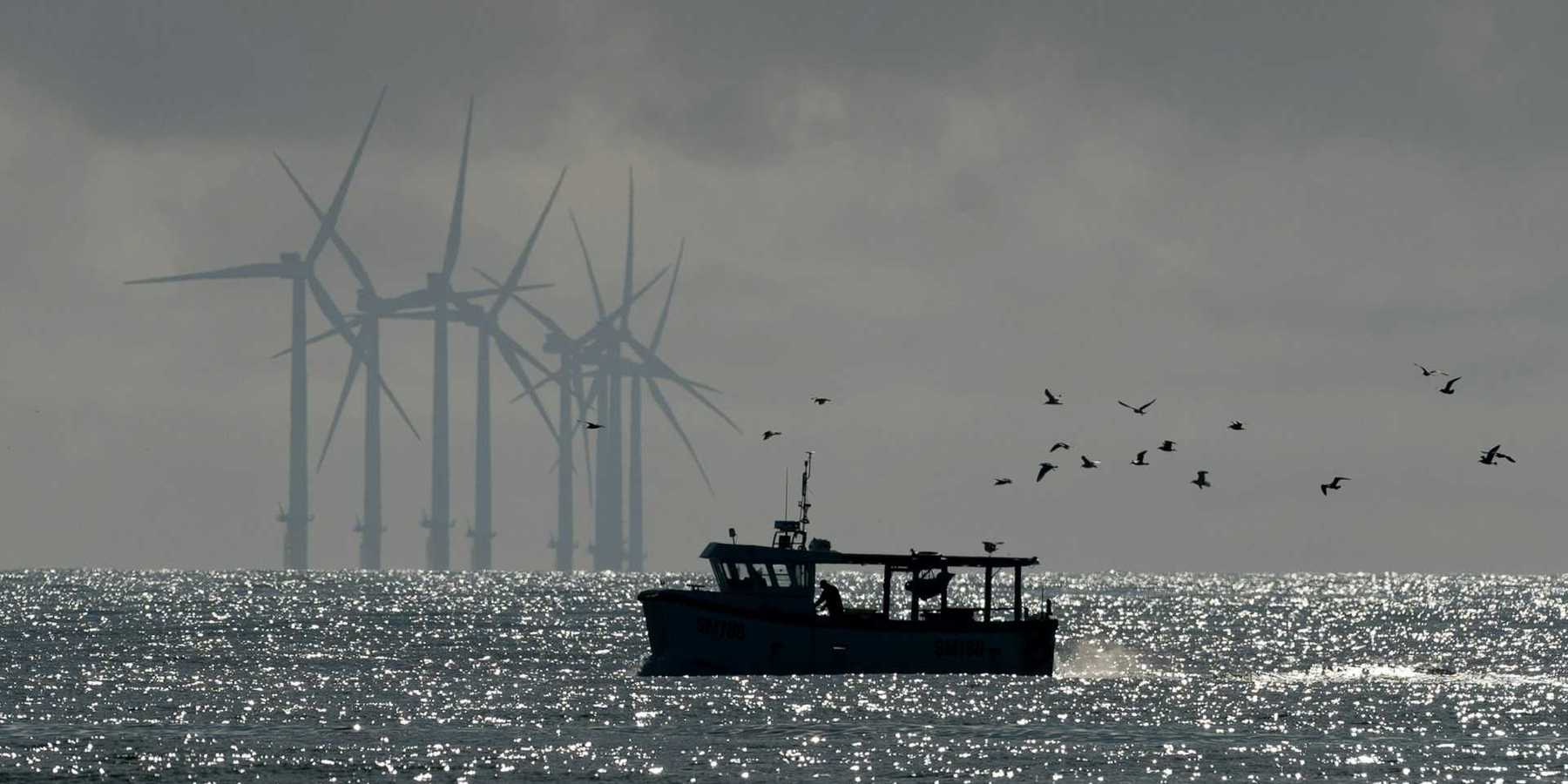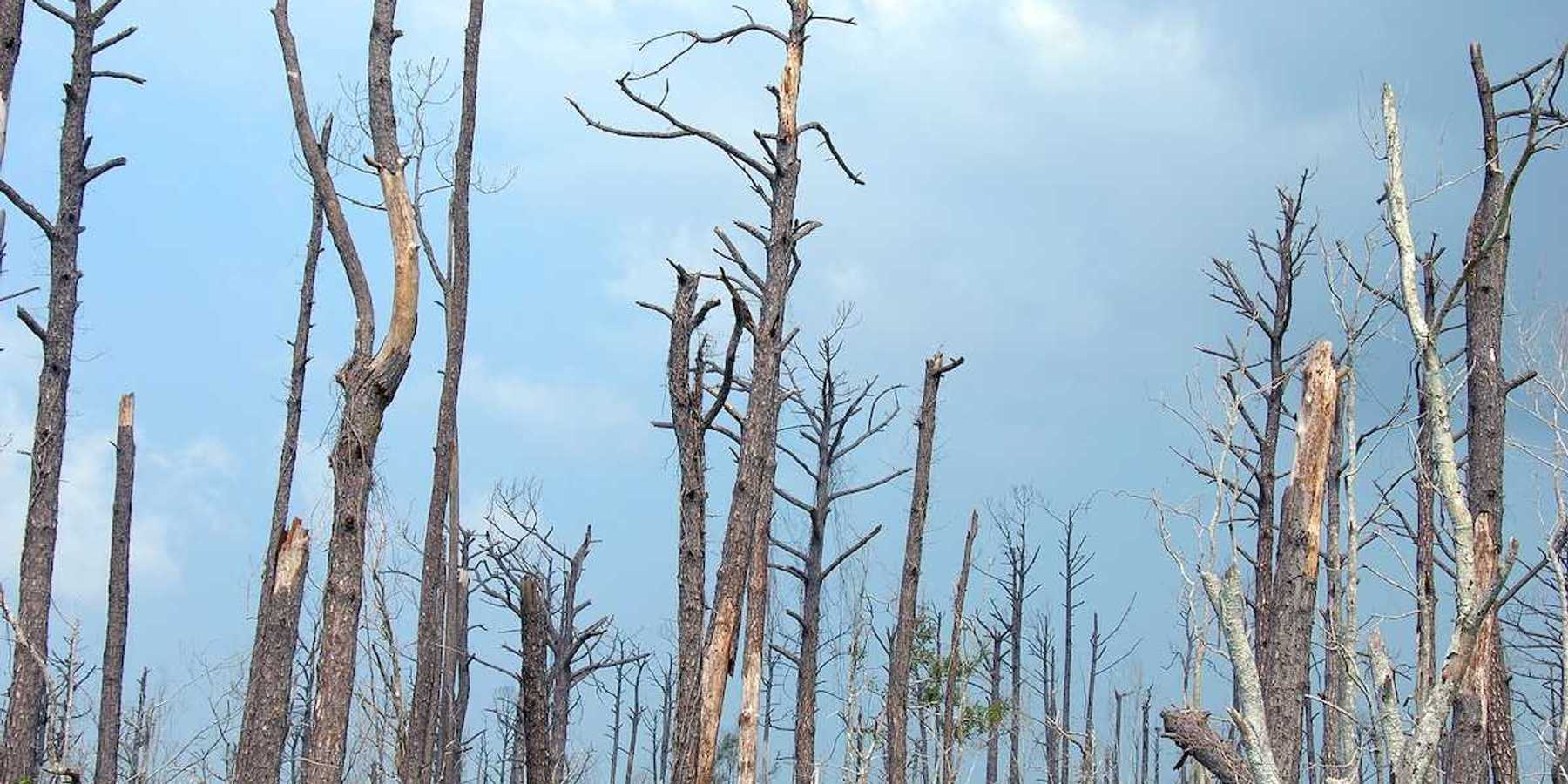How women are confronting climate change by challenging the systems that created it
A growing global movement led by women is linking environmental harm with gender-based violence and inequality, calling for systemic change beyond traditional climate solutions.
Katie Surma reports for Inside Climate News.
In short:
- Ecofeminist leaders argue that climate change, environmental destruction and attacks on women’s rights all stem from extractive, patriarchal systems that exploit both land and labor.
- Groups like the Women’s Earth and Climate Action Network (WECAN) are uniting women across borders to promote alternative economic and ecological models centered on justice, rights of nature, and local knowledge.
- Indigenous women, particularly in the Global South, face gender-specific harms from extractive industries but are also leading resistance efforts through legal action, reforestation, and community organizing.
Key quote:
"We have to understand that the same systems that fuel climate change are the same systems that inflict violence on women’s bodies and restrict their rights.”
— Ayshka Najib, climate activist and United Nations advisor
Why this matters:
Around the world, climate change is intensifying social and economic disparities, particularly for women. Particularly in many low-income and Indigenous communities, women are on the front lines of environmental crises, often bearing the brunt of pollution, displacement, and gender-based violence tied to resource extraction. At the same time, these women are leading efforts to protect ecosystems, defend land rights, and challenge dominant economic models. Their lived experience offers valuable insight into the links between environmental degradation and social inequality. As governments double down on extractive industries in pursuit of so-called green transitions, recognizing and protecting these frontline defenders — and the alternative visions they represent — is essential to just and lasting climate solutions.
Learn more: Indigenous women in India map climate losses to fight for land rights and future survival













